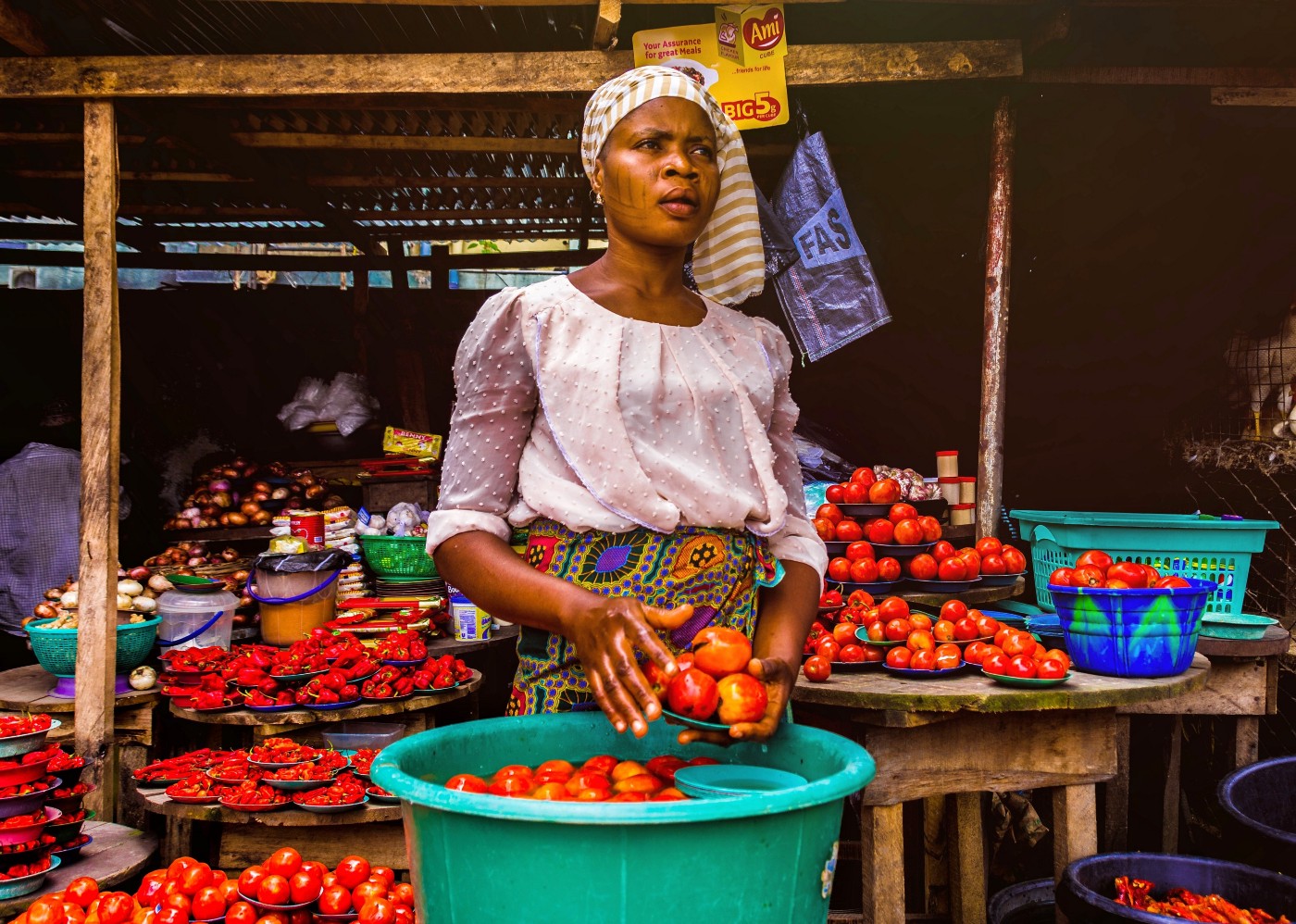From Surviving To Thriving: Building Resilience for Micro, Small and Medium Enterprises in Africa
The third wave of COVID-19 has hit a lot of African countries with many dire consequences. With an already battered economy, countries like Kenya experienced a dismal economic growth of 0.6% compared to the 2.6% average for African countries. With a looming lockdown and further restriction of movement to contain the spread of COVID, businesses across the continent face the realities of what their operations would look like amid the third wave.
With MSMEs being the bedrock of African economies, contributing up to 80% of total employment in some countries, there need to be more geared efforts towards safeguarding operations of small businesses and livelihoods of the employees.
In 2020, the wake of COVID-19 saw a multi-sectoral approach in supporting small businesses across the continent. Organisations like MasterCard Foundation committed $15 million alongside other partners to offer support funds for small businesses in Kenya. Elsewhere in the continent, there was an extension of more robust financial help to enable small businesses to get a safety net during the period.
With a lot of financial help extended to many small businesses during the first wave, the third wave will require an approach beyond financing. Some companies with innovative products and access to finances reported their most significant challenge being access to markets.
Innovative organisations like ITraffic, exposed to the vulnerabilities of being physically unable to scout opportunities, resorted to the proactive rebuilding of their business model, forming new alliances and cultivating a resilience culture.
While all these efforts showed intentionality and commitment to staying afloat, there’s an acknowledgement that this is not necessarily the blueprint that will solve most MSMEs pertinent issues moving forward.
Policymakers need to be more upbeat in ensuring that there are activated structural changes in the economy to provide a more equitable space for opportunities and eliminate imbalances that incentivise dominance.
A huge priority for most governments in ensuring MSMEs build resilience should be around the following key areas
·Enhancing a national entrepreneurial ecosystem: A quick lever to pull on this would be ensuring that MSMEs have access to information around the support programmes afforded to them. Proactivity in identifying and quelling pain points that hinder MSMEs’ growth should also be a massive priority for governments.
The Malagasy and Ethiopian government have been at the forefront of mainstreaming MSME support through government agencies, Technical and Vocational Educational Training Centers. Ethiopia has a more balanced approach to achieving this, while Madagascar focuses on large-scale SMEs.
·Targeted sector-specific support: As mentioned earlier, financing could be an initial focus, but there needs to be an extension of continuing activities such as tax breaks and similar initiatives widely accessible to MSMEs. Provision of business and infrastructure support, routes to market and technical support would also be crucial to MSMEs’ lifelines during this period.
The private sector should focus on building resilience efforts on the achievement of longer-term scale and competitiveness. Corporates working with MSMEs can simplify contractual terms and conditions, especially for those that do not have a dedicated workforce to handle such requirements.
MSMEs also play a significant role in building long term competitiveness for their businesses through the following mechanisms:
·Leverage technology to bolster market access and realise compelling value propositions: Through this, MSMEs boost their abilities to reach more customers at a lower cost. The use of digital marketing tools and platforms with targeted messaging enables businesses to improve chances of social selling and driven awareness about their products and services.
Development of team skills and capabilities: This mostly centres around enabling team members to take ownership of the business results. A more engaged team would free up the leadership’s time to focus on sourcing new business and developing continuity plans.
At Spurt, we are a platform that convenes, develops, and excites the best young African thinkers who are passionate about working for their continent’s economic development. We are facilitating a new wave of growth by enabling local SMEs. Our objective is to help build large local companies with sufficient scale and capacity to add value locally and regionally.





